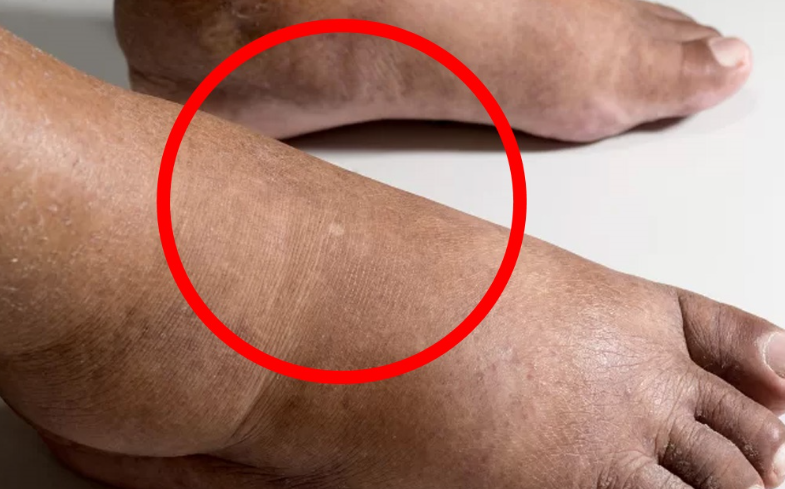1. Restless Leg Syndrome: Crawling or creeping sensations in the legs may indicate restless leg syndrome, suggesting an underlying issue.
2. Skin Thickening: Hormone imbalances, eczema, or allergies can cause skin thickening, warranting a doctor’s consultation for proper evaluation and treatment.
3. Changes in Handwriting and Loss of Smell: Alterations in handwriting and a diminished sense of smell can be early signs of Parkinson’s disease, stressing the need to monitor movement and sensory changes.
4. Aggressive Behavior: Unexplained aggression may indicate underlying depression, highlighting the importance of addressing mental health for overall well-being.
5. Excessive Sleeping: Hypersomnia, characterized by excessive sleepiness, could be associated with autoimmune disorders, necessitating medical evaluation.
6. Changes in Eye Color: A white or grey ring around the cornea might suggest high cholesterol levels, especially in individuals under 45, emphasizing the need for cardiovascular assessment.
7. Craving Salty Foods: Persistent cravings for salty foods may indicate iron deficiency, anemia, dehydration, or premenstrual syndrome, requiring evaluation by healthcare professionals.
8. Fatigue and Low Libido: Ongoing fatigue and decreased libido could point to thyroid hormone issues, affecting energy levels and overall health.
9. Excessive Thirst: Constant thirst may be due to dietary habits or underlying conditions like diabetes or pregnancy, calling for thorough investigation.
10. Ice Craving: Persistent cravings for ice might indicate iron deficiency or anemia, necessitating blood tests for diagnosis and proper management.
Recognizing these warning signs and seeking medical advice is crucial for maintaining optimal health. Our bodies often provide early clues to potential health issues, and paying attention to these signals can lead to timely intervention and improved well-being.






